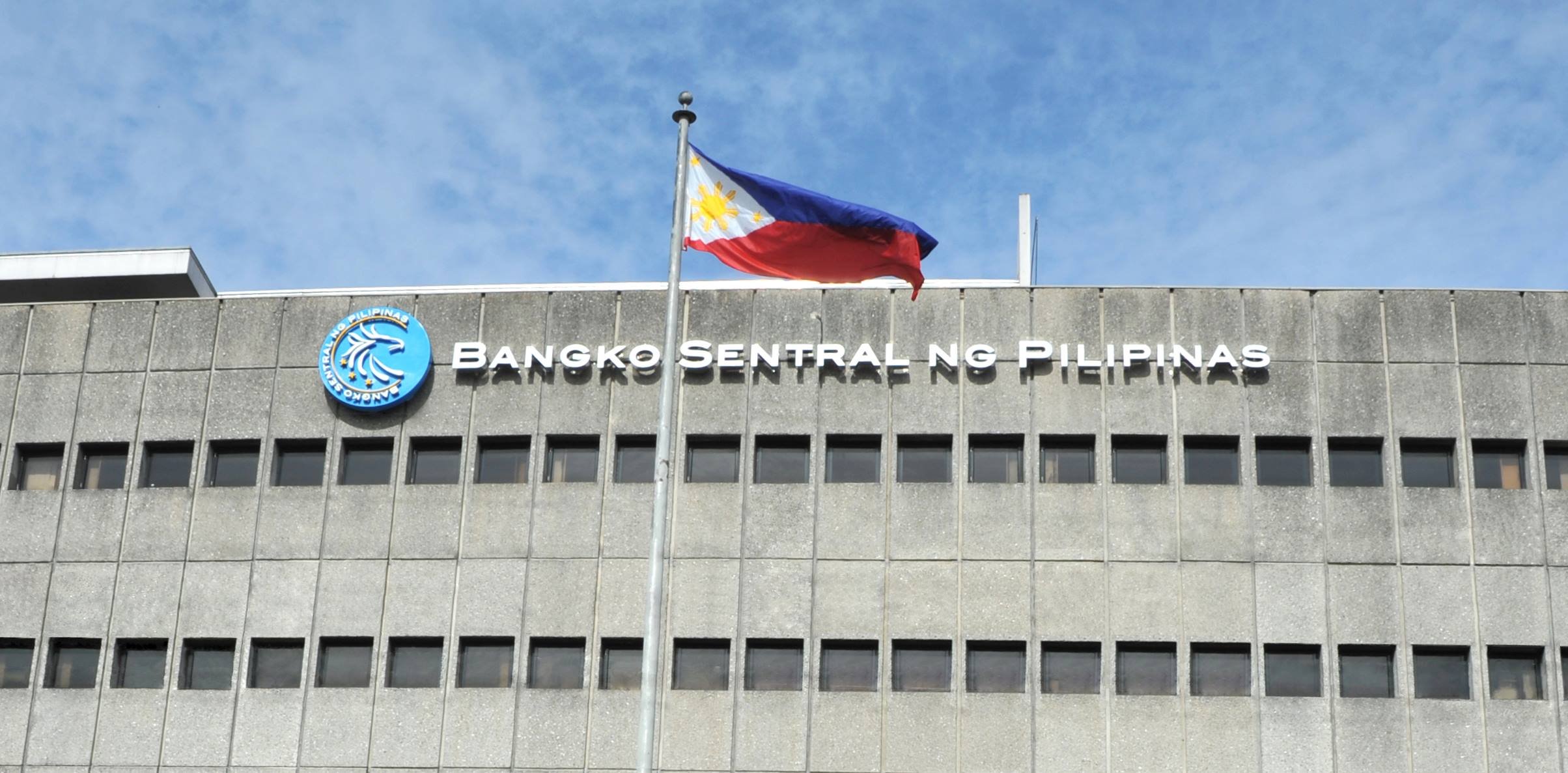MANILA, Philippines—The central bank expects average prices of basic goods and services in the local economy to rise by 4.5-5.3 percent in October due largely to the steady increase in petroleum prices in the local and international market.
In a statement, Bangko Sentral ng Pilipinas (BS) Governor Benjamin Diokno also said that “higher Meralco electricity rates, increased fish and fruits prices, and the peso depreciation will provide additional upside pressures.”
At the same time, however, these could be partially offset by the continued decline in rice and meat prices, reflecting the continued arrival of pork imports since the government lowered tariffs to ease shortage mainly due to the prolonged effects of the African swine fever that began in 2019.
The October forecast range of the central bank is biased upward compared to the September inflation rate of 4.8 percent as many market watchers were expecting the consumer price index for that month to breach 5 percent.
“Moving forward, the BSP will continue to closely monitor emerging price developments to help ensure that its primary mandate of price stability conducive to balanced and sustainable economic growth is achieved,” Diokno said.
The Philippine Statistics Authority (PSA) was scheduled to release the official inflation rate for October on Nov. 5, Friday.
Last week, the central bank reiterated that domestic inflation remained “manageable” and maintain conditions to keep domestic interest rates at historic lows as part of the regulator’s efforts to jumpstart growth that has been ravaged by the COVID pandemic.
The central bank also said the risks to the inflation outlook shifted toward the upside for the rest of 2021 but remained “broadly balanced” for 2022 and 2023.
“Upside risks could emanate from pressures on international commodity prices amid improving global demand and lingering supply-chain bottlenecks, as well as the potential effects of weather disturbances and a possible prolonged recovery from the ASF outbreak,” it said. “Meanwhile, the continued risk of COVID-19 infections continues to pose downside risks to the outlook, as possible delays in the lifting of containment measures could further dampen global growth and domestic demand,” the central bank added.
At its latest monetary policy meeting, the BSP decided to keep its key overnight borrowing rate at 2 percent, pointing to the latest forecasts showing that average inflation is likely to settle slightly above the upper end of the target band of the government’s 2-4 percent target range in 2021 before reverting towards the midpoint of the target range in 2022 and 2023.
